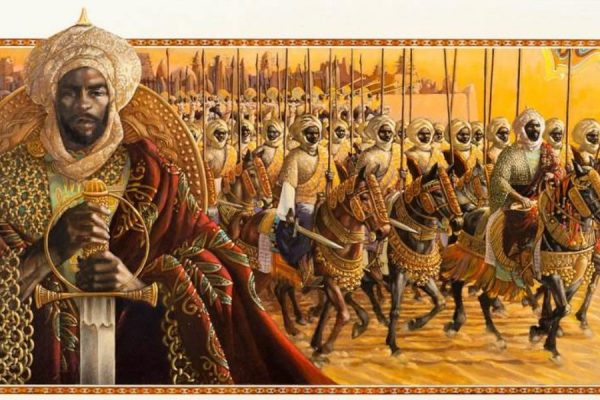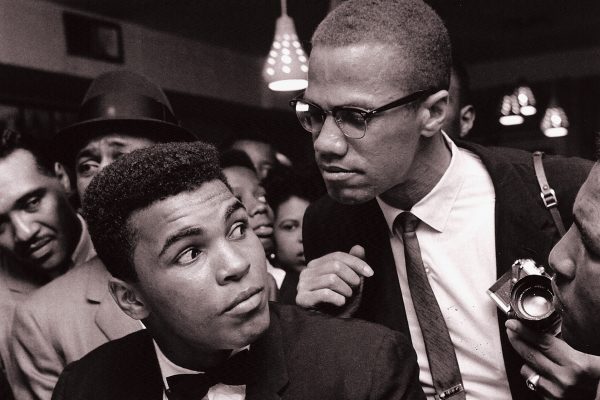“Malcolm was an example of what many people experienced, and that’s why it resonates with so many people today.”
“Malcolm was an example of what many people experienced, and that’s why it resonates with so many people today.”
On this week’s TMV Podcast, Salim speaks to Zaheer Ali, an oral historian, educator, and History Editor at Sapelo Square on Malcolm X and the legacy of his life, work, and faith.
To listen to the full podcast, click below:
First speaking on how his own interest in the history of Malcolm X developed, Zaheer Ali expands on the topic of how history is always a delicate dance between what happened and what is happening today – there can be no understanding of the past without an understanding of the present. The present, therefore, will always determine how we understand the past and Zaheer explains that this is essential when looking at the history and legacy of someone as important as Malcolm X.
One interesting fact about Malcolm’s life, explains Zaheer Ali, is the different chapters and phases of his life – and while many today continue to focus on the latter part of his life after he left the Nation of Islam, it is equally important to understand and look into his life before Islam and during his time at the Nation of Islam.
Malcolm was an example of what many people experienced, and that’s why it resonates with so many people today.”
The autobiography of Malcolm X, which touched and changed the lives of so many, in fact almost never happened – Zaheer explains that it was only after Malcolm left the Nation of Islam that he became more open to Alex Haley about writing down his autobiography. Unfortunately, Malcolm was assassinated before he could see his book published, and Alex Haley – who had pushed so hard for this book to be written – had to write a lengthy epilogue in the book to end an almost unfinished autobiography, tragically cut short by Malcolm’s death.
This layered collection of different memories and objectives, from before and after Malcolm’s involvement with the Nation of Islam to Alex Haley’s own interpretation of Malcolm’s life after his assassination, is what makes an autobiography like this such a dynamic understanding of the history of Malcolm X.
But despite the different interpretations of Malcolm’s life, however, the fact remains that his legacy – in whatever way it may have manifested over the years – is one that touched the masses.
Malcolm was both a political thinker and a spiritual seeker. The power of Malcolm was that he was inviting you to think more.”
Moving on to the topic about the Nation of Islam itself and how it has been largely misunderstood and misrepresented in wider society, Zaheer also explains how relevant and important the Nation of Islam was to so many Black Americans during that time, and still is today – in a large way, it helped explain and justify their anger and frustration at such a deeply white supremacist society.
Malcolm’s involvement – and subsequently later uninvolvement – was therefore paramount to what he represented and who he wanted to reach out to the most; and whatever one may think of Malcolm today, his powerful and lasting legacy is one that is unique to the modern world.
“Malcolm’s life is not the ceiling,” Zaheer states, “it’s the floor we stand on and move on.”
To listen to the rest of this fascinating conversation, click below:





